Category: When should I replace my toothbrush in McAllen
When Should I Replace My Toothbrush in McAllen?
Introduction
In the bustling city of McAllen, Texas, a seemingly simple question—when to replace one’s toothbrush—uncovers a complex web of considerations that extend far beyond oral hygiene. This article delves into the multifaceted topic, exploring its global impact, economic implications, technological innovations, regulatory frameworks, and the challenges it presents. By the end, readers will gain a comprehensive understanding of why this seemingly mundane task is a critical aspect of public health and urban development in McAllen and worldwide.
Understanding When to Replace Your Toothbrush: A Global Perspective
Definition: The question, “When should I replace my toothbrush?” revolves around determining the optimal time to exchange an old toothbrush for a new one to ensure maximum oral hygiene benefits. This simple act is a cornerstone of preventive dentistry, aiming to maintain good oral health and prevent dental diseases.
Core Components: Several factors influence this decision:
- Brushing Habit: The frequency and duration of brushing play a significant role. Dentists generally recommend replacing brushes every 3-4 months or sooner if bristles become frayed.
- Toothbrush Type: Different toothbrush designs cater to various needs. Electric vs. manual, soft vs. medium bristles—each has its lifespan and effectiveness considerations.
- Oral Health Status: Individuals with specific dental conditions or weakened immune systems may require more frequent brush replacements.
Historical Context: The practice of regular toothbrush replacement has evolved over time. Ancient civilizations used twigs and leaves for cleaning teeth, while the modern toothbrush emerged in the 19th century. Today, with global oral health awareness campaigns, the emphasis on timely brush replacement is more crucial than ever.
Significance: Proper toothbrush maintenance is vital for several reasons:
- Oral Hygiene: Regularly replaced brushes ensure effective removal of plaque and debris, reducing the risk of cavities, gum disease, and other dental issues.
- Cost-Effectiveness: Preventive care, including timely brush replacements, can save money in the long run by preventing costly dental procedures.
- Environmental Impact: While seemingly small, mass toothbrush disposal contributes to environmental waste. Encouraging responsible replacement practices aligns with global sustainability goals.
Global Impact and Trends
The concept of toothbrush replacement transcends borders, yet regional variations exist:
| Region | Trending Practices | Key Differences |
|---|---|---|
| North America & Europe | Strong emphasis on 3-month brush replacements. Electric toothbrushes gaining popularity due to advanced cleaning technologies. | Higher disposable income leads to more frequent purchases of premium brands and electric models. |
| Asia Pacific | Cultural preferences vary; manual brushes still prevalent in some areas. Growing awareness of oral health drives regular replacements. | Rapid urbanization results in higher demand for convenient, affordable dental care solutions. |
| Middle East & Africa | Limited access to oral hygiene education. Manual brushes dominate due to cost and availability. | Efforts by global health organizations are focused on promoting basic oral hygiene practices and providing accessible toothbrushes. |
These trends highlight the need for tailored strategies to address oral health disparities globally, ensuring that McAllen’s approach is responsive to both local and international dynamics.
Economic Considerations
Market Dynamics: The toothbrush market is a multi-billion-dollar industry with diverse product categories:
- Manual vs. Electric: Electric toothbrushes, though more expensive, offer superior cleaning efficiency, driving their growing popularity.
- Brands & Varieties: Numerous brands cater to various price points and preferences, from affordable generic options to premium branded products.
- Online vs. Retail: E-commerce platforms have revolutionized toothbrush sales, providing convenience but also increasing competition.
Investment Patterns: The economic implications extend beyond consumers:
- Manufacturers: Companies invest heavily in research and development for innovative brush designs and technologies, targeting specific demographics.
- Retailers: Brick-and-mortar stores and online retailers alike strategize their toothbrush offerings to maximize sales and customer retention.
Economic Impact in McAllen: In this Texas metropolis, the local economy benefits from a thriving retail sector, including numerous pharmacies and specialty dental stores. The city’s diverse population drives demand for affordable and high-quality toothbrushes, influencing product availability and pricing strategies.
Technological Advancements
Innovations in Brush Design: Technology has revolutionized toothbrushes:
- Electric Brushing Actions: Sonics, rotational, and pulsating motions enhance cleaning effectiveness, reducing plaque and gingival inflammation.
- Smart Features: Connectable brushes with mobile apps offer personalized feedback on brushing habits, pressure, and timing.
- Customized Cleaning: 3D printed bristles tailored to individual oral geometries provide enhanced cleaning for specific needs.
Digital Oral Care Solutions: Mobile apps and online platforms enable remote dental consultations, personalized care recommendations, and even virtual toothbrush monitoring, promising a more accessible and tech-driven approach to oral hygiene.
Future Potential: The convergence of artificial intelligence (AI) and the Internet of Things (IoT) could lead to:
- Predictive Maintenance: AI algorithms analyzing brushing patterns and dental health data can predict brush replacement needs, enhancing preventive care.
- Personalized Recommendations: IoT-enabled brushes can suggest tailored cleaning routines based on individual oral structures and habits.
Policy and Regulation
Global Guidelines: Organizations like the World Health Organization (WHO) provide essential directives:
- Brushing Duration: WHO recommends brushing teeth at least twice a day for two minutes each session.
- Bristle Types: Soft or medium bristles are advised to avoid damage to gums and enamel.
- Access to Dental Care: Global policies emphasize the need for affordable, accessible dental services to promote proper toothbrush maintenance.
Local Regulations in McAllen: Local health departments enforce regulations related to:
- Product Safety: Ensuring toothbrushes meet safety standards, including material quality and durability.
- Labeling & Packaging: Clear product information and eco-friendly packaging are encouraged to educate consumers and reduce environmental impact.
- Dental Education: Public awareness campaigns target schools and communities, emphasizing proper brushing techniques and regular replacements.
Challenges and Criticisms
Main Challenges:
- Inconsistent Consumer Education: Lack of oral hygiene education leads to improper brush usage and replacement practices.
- Cost Barriers: High-quality electric toothbrushes may be unaffordable for low-income families, impacting their oral health.
- Environmental Concerns: Mass disposal of toothbrushes contributes to plastic waste, requiring sustainable alternatives.
Proposed Solutions:
- Strengthen public education programs on oral hygiene and brush maintenance in schools and communities.
- Implement tax incentives or subsidies for affordable, eco-friendly toothbrush options.
- Encourage manufacturers to develop durable, multi-use brushes with recyclable components.
Case Studies
Case 1: Singapore’s Smart National Dental Care Program: This initiative integrates technology with comprehensive dental care. Smart brushes linked to a national oral health app provide real-time feedback on brushing habits. The program also offers free or subsidized toothbrushes, improving access for all citizens.
Case 2: Brazil’s “Mais Dentura” Campaign: A community-focused movement that provides free or low-cost dental care, including toothbrush distribution, to underserved populations. This holistic approach addresses oral health disparities, especially in rural areas.
Lessons Learned: Successful implementations emphasize the importance of:
- Community engagement and education.
- Collaboration between healthcare providers, manufacturers, and governments.
- Tailored solutions addressing specific regional challenges.
Future Prospects
Emerging Trends:
- Sustainable Materials: Biodegradable bristles and eco-friendly packaging will gain prominence as consumers demand greener options.
- Personalized Care: AI and IoT will enable highly customized brushing routines, leveraging data for optimal oral health outcomes.
- Tele-Dental Services: Virtual consultations and remote monitoring could make dental care more accessible, especially in underserved areas.
Strategic Considerations for McAllen:
- Research Partnerships: Collaborating with local universities to study local oral health trends and develop targeted interventions.
- Community Engagement: Expanding educational programs to reach diverse populations, ensuring inclusive access to dental care information.
- Incentive Programs: Partnering with retailers to promote affordable, quality toothbrush options, especially for low-income families.
Conclusion
The simple act of replacing one’s toothbrush is a complex interplay of global trends, economic forces, technological advancements, and policy interventions. As McAllen continues its journey towards becoming a model city for oral health, understanding these multifaceted dynamics is crucial. By embracing innovation, addressing challenges, and fostering collaboration, the city can ensure that every resident has access to the tools and knowledge necessary for optimal oral hygiene—a cornerstone of overall well-being.
FAQ Section
Q: How often should I replace my toothbrush?
A: It’s recommended to replace your toothbrush every 3-4 months, or sooner if bristles become frayed. Electric toothbrushes may last slightly longer under ideal conditions.
Q: Can I use the same toothbrush for years without replacement?
A: While it’s tempting to save money, using the same toothbrush for extended periods can lead to poor cleaning and increased risk of gum disease. Regular replacements are essential for maintaining oral health.
Q: Are electric toothbrushes really worth the investment?
A: Electric brushes offer superior cleaning efficiency and can improve oral health outcomes. While initially more expensive, their long-term benefits often outweigh the cost, especially with proper usage and timely replacement of brush heads.
Q: How do I know if my toothbrush is past its prime?
A: Bristles that are frayed, torn, or splayed indicate a need for replacement. If you notice bleeding gums while brushing, it may be due to using an old, worn-out brush.
Q: What’s the environmental impact of toothbrush disposal?
A: Mass toothbrush disposal contributes significantly to plastic waste. Choosing eco-friendly options and promoting responsible disposal practices can help mitigate this environmental concern.
Dr. Cazares: Revolutionizing McAllen Dentistry with Experience and Innovative Tools
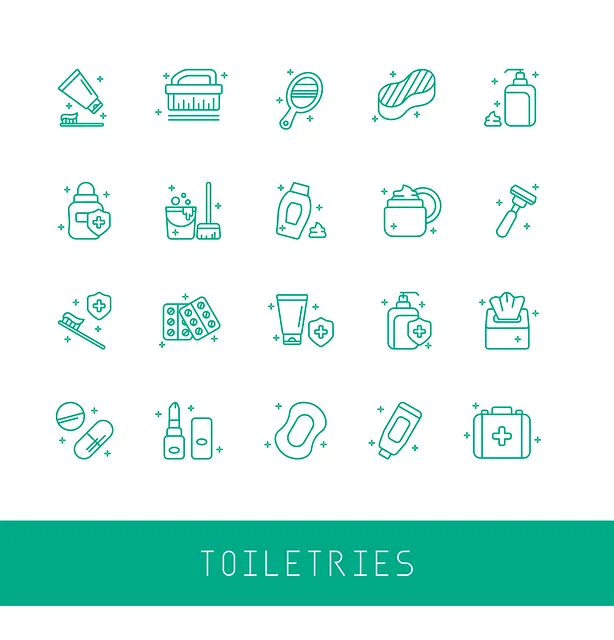
Maintaining optimal dental health in McAllen involves replacing your toothbrush every 3-4 months or…….
When Should I Replace My Toothbrush? McAllen Dental Guide

The American Dental Association (ADA) recommends replacing your toothbrush every 3-4 months, or earl…….
McAllen Dentist: Timing Your Toothbrush Replacement for Optimal Oral Health

In McAllen, local dentists and the ADA recommend replacing toothbrushes every 3-4 months or earlier…….
Optimal Oral Hygiene in McAllen: Timely Toothbrush Replacement Guide
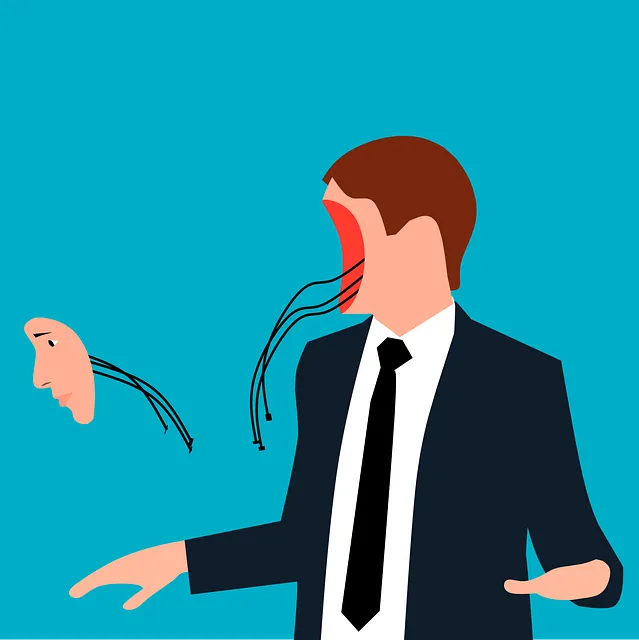
In McAllen, maintaining optimal dental hygiene requires understanding the lifespan of your toothbrus…….
McAllen Guide: When to Replace Your Toothbrush & Top Tips for Dental Care
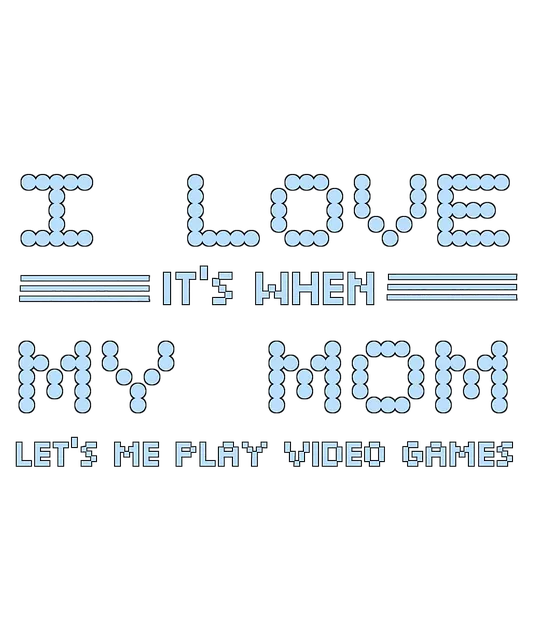
McAllen residents should replace their toothbrushes every 3-4 months or sooner if bristles become fr…….
Optimal Oral Health: When to Replace Your Toothbrush at 1632 N. 10th Street, McAllen
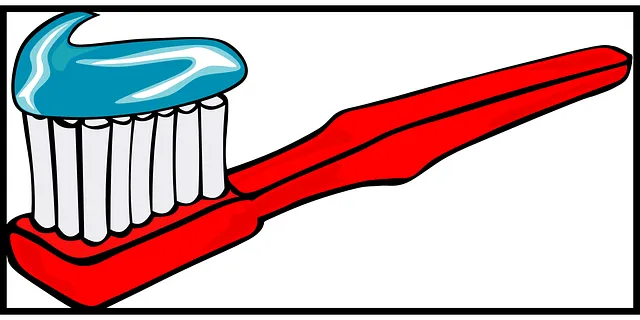
Proper oral hygiene requires regular toothbrush replacements every 3-4 months, as recommended by the…….
McAllen’s Dr. Cazares Offers Emergency Dental Care & Toothbrush Tips

In bustling McAllen, prompt dental emergency care is vital for oral health. Dr. Cazares recommends r…….
When Should I Replace My Toothbrush? McAllen Guide for Optimal Oral Care

McAllen residents should replace their toothbrushes every 3-4 months or after 120-180 uses, looking…….
McAllen Dental Pros: Maximize Brush Lifespan with Expert Tips
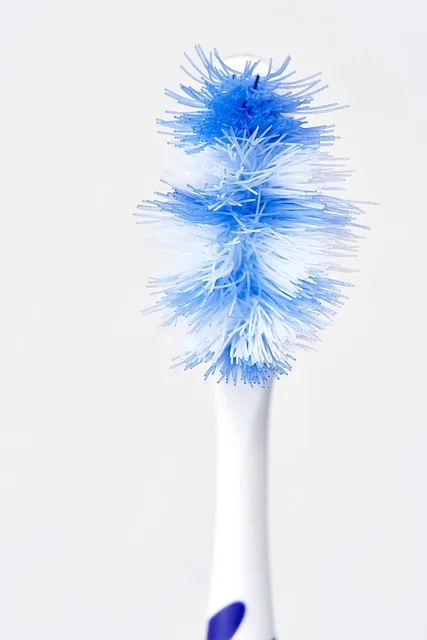
In McAllen, understanding how to maximize your toothbrush’s longevity is key to maintaining optimal…….
